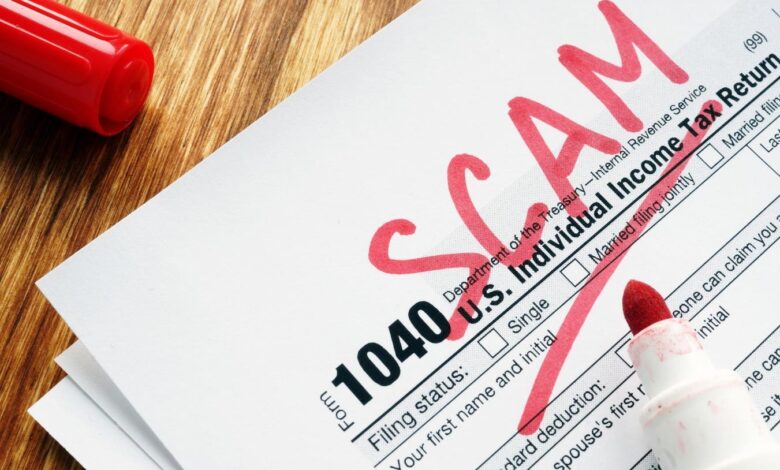Special Tax Shelter Strategy Ends In Plea Agreement For Michael J. Moore

📝 usncan Note: Special Tax Shelter Strategy Ends In Plea Agreement For Michael J. Moore
Disclaimer: This content has been prepared based on currently trending topics to increase your awareness.
According to a U.S. Department of Justice Press Release dated September 5, 2025, Michael J. Moore, who operated a bookkeeping and tax return service in Las Vegas known as “X Tax Pros”, has pleaded guilty to assisting his clients to commit tax evasion. Moore now faces up to five years in prison, but because the tax loss here is not large in the bigger scheme of these things (only $3.5 million), he’ll at most get something like 12 months and even that might be on supervised release. Still, Moore will come out of this a convicted felon and the DOJ will have a $3.5 million judgment to hound him with until paid.
Moore’s scheme was something he called the “Special Tax Shelter Strategy”, which name seemed designed to call the IRS’s attention to it. The way it worked was that Moore would gin up fake losses in his own business entities and then pass that loss to his client’s operating businesses so that they would show a loss. According to the DOJ press release: “In most cases Moore’s entities carried on no business, did not file tax returns, did not sustain or report any losses to the IRS, and did not report the clients as partners.” In other words, it was all a sham. Moore of course personally profited by charging fees to implement this deal.
Presumably, all of Moore’s clients were audited, had these phantom losses disallowed, and ended up paying the harsh 40% penalty for lack of economic substance. If that happened, Moore could be civilly liable to these clients for their penalties as well.
Moore is not the first person to run this particular scheme and not the first one caught either. Quite similar schemes were the hallmark of the tax shelter boom of the late 1990s and early 2000s run by the major accounting firms, albeit those were much more sophisticated and were accompanied by thick opinion letters from large law firms stating that they worked even when they were obviously a sham. Those shelters were also individually for tens and sometimes hundreds of millions of dollars in losses. Compared to that, Moore’s “Special Tax Shelter Strategy” is not even a respectable rounding error. But it is still a crime.
The real problem is that schemes such as this one are ubiquitous in various similar forms. Sometimes they involved bogus business losses, sometimes they involve bogus charitable deductions, and sometimes they involve other more sophisticated methods of ginning up losses and deductions. But with the IRS adopting more sophisticated computer systems and algorithms, they are now much easier for the IRS to catch.
It is difficult for business owners to know what is kosher and what is not when it comes to taxes. The U.S. Tax Code is a hot mess thanks for Congress’s perpetual tinkering and giving special tax breaks to major donors, and large corporations still frequently get away with dubious schemes in the billions of dollars of taxes saved.
Thus, it is more important than ever that if a business owner is confronted with a “too good to be true” tax deal, they take that tax deal to an independent tax attorney or CPA (independent meaning somebody not recommended by the promoter) and get a second opinion. If something works in the tax world, then everybody should be able to agree that it works. At the very least, an independent second opinion will almost always protect the taxpayer from penalties.
If not everybody agrees that it works, then run. Fast.




